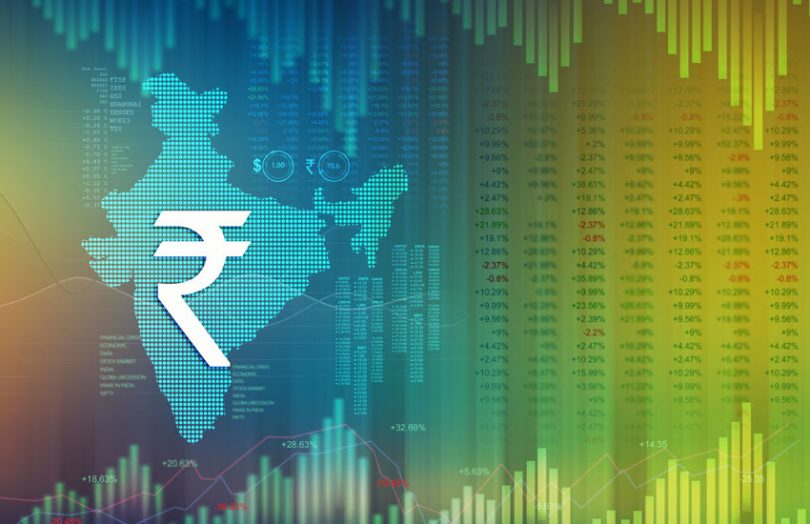On Friday, the Reserve Bank of India (RBI) published its Report on Currency and Finance. It included some observations about central bank digital currency (CBDC). But it’s fair to say the central bank didn’t reveal anything about its own plans and the report only spent a few paragraphs on the topic.
RBI highlighted some CBDC benefits, such as a central bank’s ability to monitor transactions and distribute ‘helicopter money’ as aid during difficult times. It also noted the potential to target money distribution towards particular goods to either improve demand or aid social welfare.
While not mentioned in the report, India has an existing food ration system targeted at those below the poverty line (BPL). In that case, citizens are issued with BPL cards which enables them to buy food at heavily subsidized prices. If a CBDC could be made sufficiently accessible through a card, that might work here.
To address corruption, the government of Telangana is already trialing blockchain for this public distribution system for rations. Its commonplace for food to be adulterated or diluted and lower quality grains are often substituted. Whether or not blockchain can help with that remains to be seen. However, it might aid in pinpointing where in the supply chain the corruption occurred.
Back to the report, which highlighted the typical perceived risk that a CBDC might disintermediate banks. However, this is seen as less of a risk in a two-tier system with banks acting as a distribution point. And where only limited amounts can be held by citizens or there is punitive negative interest rate at higher levels.
This particular risk may be more acute in India. Last year Yes Bank had to be rescued by the RBI after it failed to raise new capital.
Meanwhile, India’s parliament shortly plans to introduce a bill that is expected to reinstitute a ban on cryptocurrencies and enable central bank digital currency.
In a multi-nation survey on digital currencies conducted by OMFIF, India was the country where citizens are most keen on almost any kind of digital currency.






